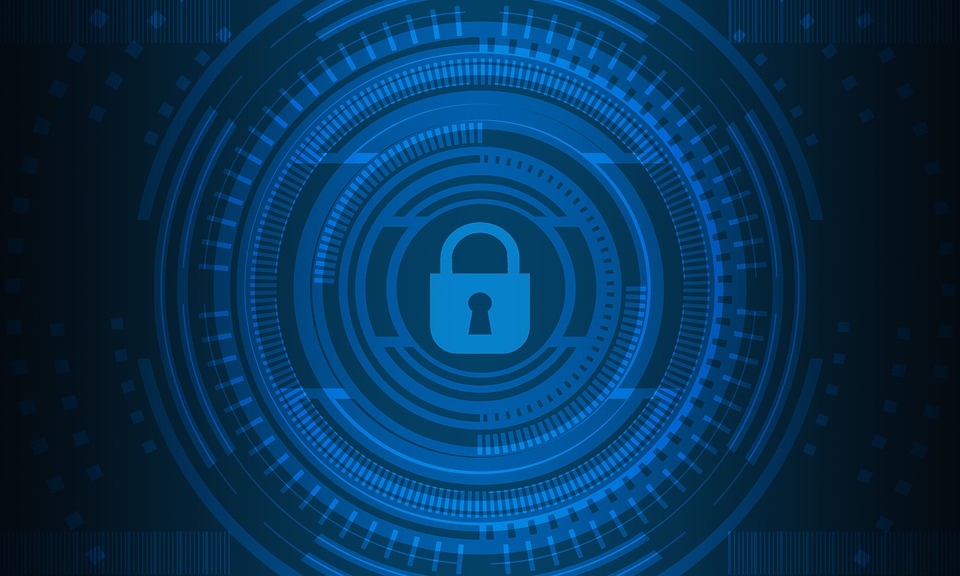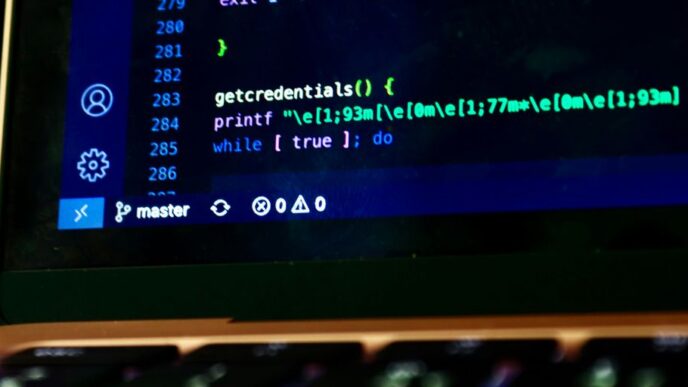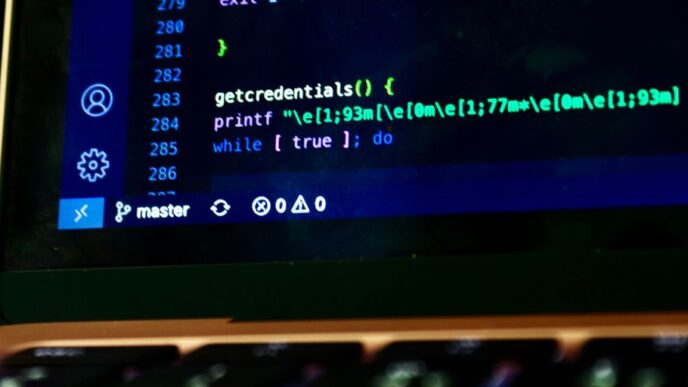We all know that our online data is valuable. Whether it’s credit card information, passwords, or contact details, there are people out there who would love to get their hands on it. That’s why it’s important to keep your online data secure, especially if you’re handling sensitive information. Here are some tips to help you do just that:
1. Use a secure connection. When transmitting data online, make sure you’re using a secure connection (https). This will help protect your data from being intercepted by third parties.
2. Keep your software up to date. Regularly update the software on your computer and other devices to ensure that you have the latest security patches installed.
3. Back up your data. Make sure to regularly back up your important files in case of a system crash or malware infection.
4. Use a strong password. This one should be obvious, but many people still use weak passwords. Make sure your password is at least 8 characters long and includes a mix of letters, numbers, and symbols. Avoid using easily guessed words or personal information like your birthdate.
5. Don’t use the same password for multiple accounts. If hackers gain access to one of your accounts, they could easily access all of them if you’re using the same password.
6. Use two-factor authentication. This adds an extra layer of security to your account by requiring you to enter a code from your phone in addition to your password.
7. User password manager. A password manager can help you keep track of all your passwords and generate strong ones for you.
8. Be careful what you click on. Be wary of clicking on links or attachments from unknown sources, as hackers can send emails that look legitimate but contain malicious links or attachments. If you’re not sure about an email, don’t click on anything inside of it.
9. Use a secure browser extension. Browser extensions can help secure your data by blocking ads and trackers, as well as encrypting your connection to websites.
10. Don’t share personal information online. This includes your name, address, phone number, and email address.
11. Be careful when using public Wi-Fi. Hackers can use public Wi-Fi networks to steal your data. Make sure you’re using a secure VPN extension when connecting to public Wi-Fi.
12. Use a secure storage solution. A secure storage solution can help protect your data if your device is lost or stolen.
13. Delete your browsing history and cookies regularly. Browsing history and cookies can contain sensitive information that hackers could use to gain access to your account. Delete them regularly to keep your data secure.
Securing your online data is important, but it doesn’t have to be difficult. By following these 12 tips, you can help keep your data safe from hackers and other online threats.













